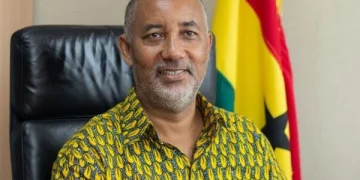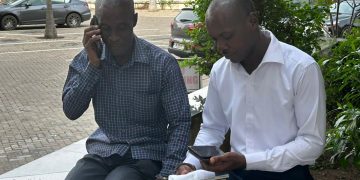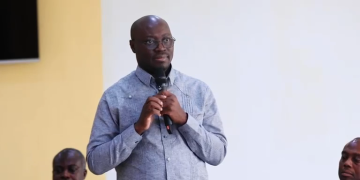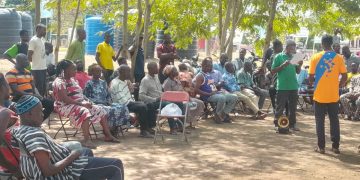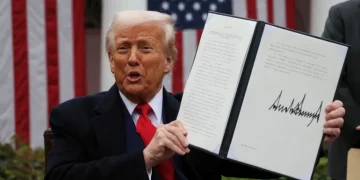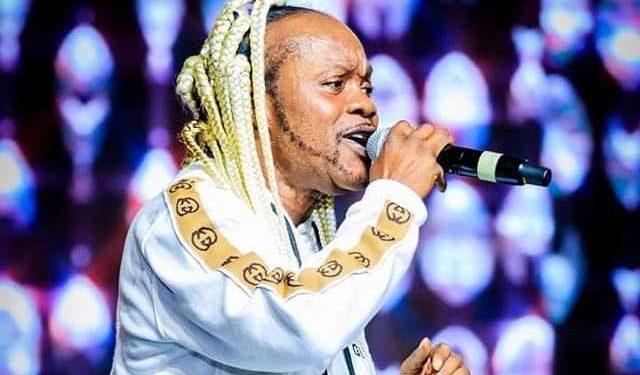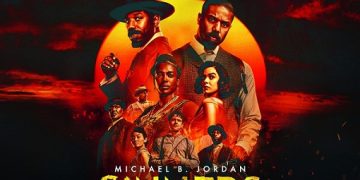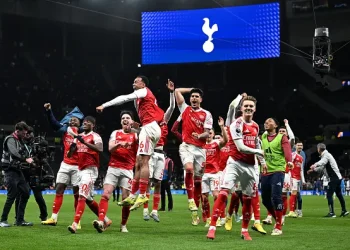Ghana, and indeed the world, is mourning the loss of a musical titan. Charles Kwadwo Fosu, known to generations as Daddy Lumba, passed away on Saturday, July 26, 2025.
The tributes have been endless, fitting for a man whose music echoed through markets, homes, car stereos, and state events alike.
A man whose songs transcended class, age, politics, and even borders, finding a fan in none other than King Charles III of England.
Much has been said of his unmatched artistry, the passion he poured into love ballads, gospel tracks, and philosophical musings on life and death. However, in this tribute, we examine another aspect of the legendary DL, the political entertainer, whose soundtracks provided rhythm to some of Ghana’s most dramatic political moments.
The 2008 Election: Music Meets Politics
The 2008 general election was one of the most intense in Ghana’s Fourth Republic. It was a time of high political tension, fierce campaigning, and, surprisingly, great music—thanks in large part to Daddy Lumba. After Nana Addo Dankwa Akufo-Addo was elected as the New Patriotic Party (NPP) flagbearer to contest against the National Democratic Congress’ (NDC) Prof. John Evans Atta Mills, the NPP turned to DL to energize their base.
What came next was nothing short of historic. Lumba composed what is arguably the most iconic campaign song in Ghana’s political history: “Nana Ye Winner.” The song was infectious. It blasted through every corner of the country, from rallies to chop bars, taxis to radio stations.
Even some opponents of the NPP couldn’t help but tap their feet or sing along. The track didn’t just support a candidate, it captured the mood of an election season and became a national earworm.
From Confidence to Caution
As the first round of the elections ended without a decisive winner, political tensions escalated. Ghana braced for a runoff. During this uncertain time, Lumba was back in the studio, doing what he did best translating complex national emotions into music. The result was another classic: “Aye Huuhu” loosely meaning “Things Are Shaky.”
Unlike the upbeat “Nana Ye Winner,” this song had a more reflective, humorous undertone. It posed a timely question: “Who will cry in the end?” A sobering reflection amid a chaotic political moment. The song brought levity, even laughter, into a space heavy with anxiety. It became the soundtrack for a country on edge.
The Final Twist: “Nana Awu”
Eventually, the Tain constituency a place few had heard of until then became the unlikely kingmaker. With Nana Addo trailing narrowly, the final vote in Tain was necessary to determine the winner. The nation held its breath. When the dust settled, it was John Atta Mills who emerged victorious.
And just like that, Daddy Lumba gave us one more tune to capture the mood “Nana Awu” (“Nana is dead” or “Nana has lost”). Only Lumba could release such a politically loaded track and still get people dancing across party lines.
The song became part of the national healing process, helping Ghanaians laugh and breathe again after weeks of high stakes and tension.
From “Nana Ye Winner” to “Aye Huuhu” to “Nana Awu,” Daddy Lumba infused the 2008 election season with a kind of joy and satire that politics alone could never provide. He wasn’t a mere campaign jingle composer, he was a cultural force who brought colour, rhythm, and sometimes comic relief to Ghana’s democratic journey.
Even though the songs didn’t secure an electoral win for the NPP, they won the hearts of Ghanaians from all walks of life. To this day, “Nana Ye Winner” is played at events across the country not as a partisan anthem, but as a nostalgic hit that gets everyone dancing.
Charles Kwadwo Fosu was many things: a lover, a philosopher, a provocateur, a comforter, and in many ways, a chronicler of Ghana’s social and political story through melody. His gift was not just his voice or lyrical dexterity, it was his uncanny ability to capture the soul of the nation at any given time.
In life, he entertained, comforted, and challenged us. In death, he leaves behind a soundtrack of generations. Daddy Lumba’s influence on Ghana’s musical and political culture is eternal.
Rest well, DL. You gave us more than music you gave us moments we’ll never forget.



